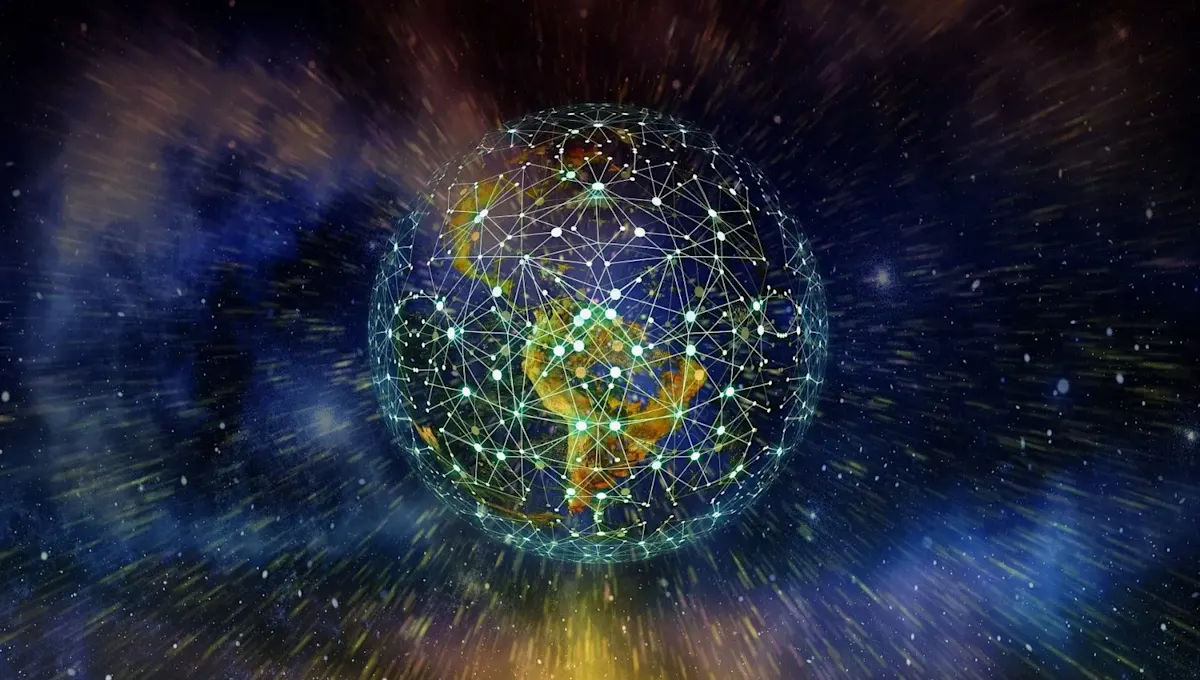
Can AI save our planet?
World leaders are gathering to attend the 50th edition of the World Economic Forum in Davos and set the 2020 agenda for improving the state of the world. One of the topics to return this year is AI. With a prominent position in the discussions last year, albeit mostly from a risk point of view, AI is bound to come up in several of the seven Davos themes as an accelerator and a solution for the challenges we are facing in our society. One theme specifically should be about the potential of AI, and that theme is How to Save the Planet.
AI offers tremendous opportunities to help reverse our climate crisis and support climate adaptation, mainly in better predictions and estimates, optimizing workflows and supply chains and improving tracking and monitoring. Last year, a whitepaper was published by an impressive group of AI researchers and scientists from institutions such as the University of Pennsylvania, Harvard University, Cornell University, DeepMind, Google AI and Microsoft Research, as well as Andrew Ng, co-founder of Google Brain and Professor at Stanford University. The paper contains many well-considered recommendations and an open invitation to the Machine Learning (ML) community to comment, add, improve and act in order to tackle climate change together. As discussed in the paper, ML can help fight climate change or improve climate adaptation by pinpointing deforestation and assessing damage after disasters, accelerating the process of scientific discovery and optimizing systems to improve efficiency.
The paper also includes a clear message that collaboration between ML experts, climate experts and other relevant stakeholders is essential for success. AI may not be able to completely fix climate change, but it does have the potential and power to dramatically speed up our efforts.
Over the last few years, AI has pretty much taken off. Companies and governments are increasingly discovering its possibilities while still assessing – some more than others – the potential moral consequences. Even to the greater public, AI is slowly losing its rather science-fictiony robots-taking-over-the-world image. I say this a bit tongue-in-cheek, but the doom-and-gloom feeling of the greater public is not completely off. The technology is complex, only a small group of people truly understand it still. In the right hands, AI can solve many of our biggest challenges. In the wrong hands, it can become our worst nightmare. The jury is still out on the ethical consequences of the use of AI and how to regulate it. Defining clear rules and regulations is an ongoing process. Nevertheless, we should focus on the opportunities AI has to offer, especially when it comes to saving our planet. Because without our planet, in the words of Metallica: nothing else matters.
H+K will be keeping a keen eye on Davos and how AI is being discussed, and look forward to sharing what this technology can help accomplish in the decade ahead.








